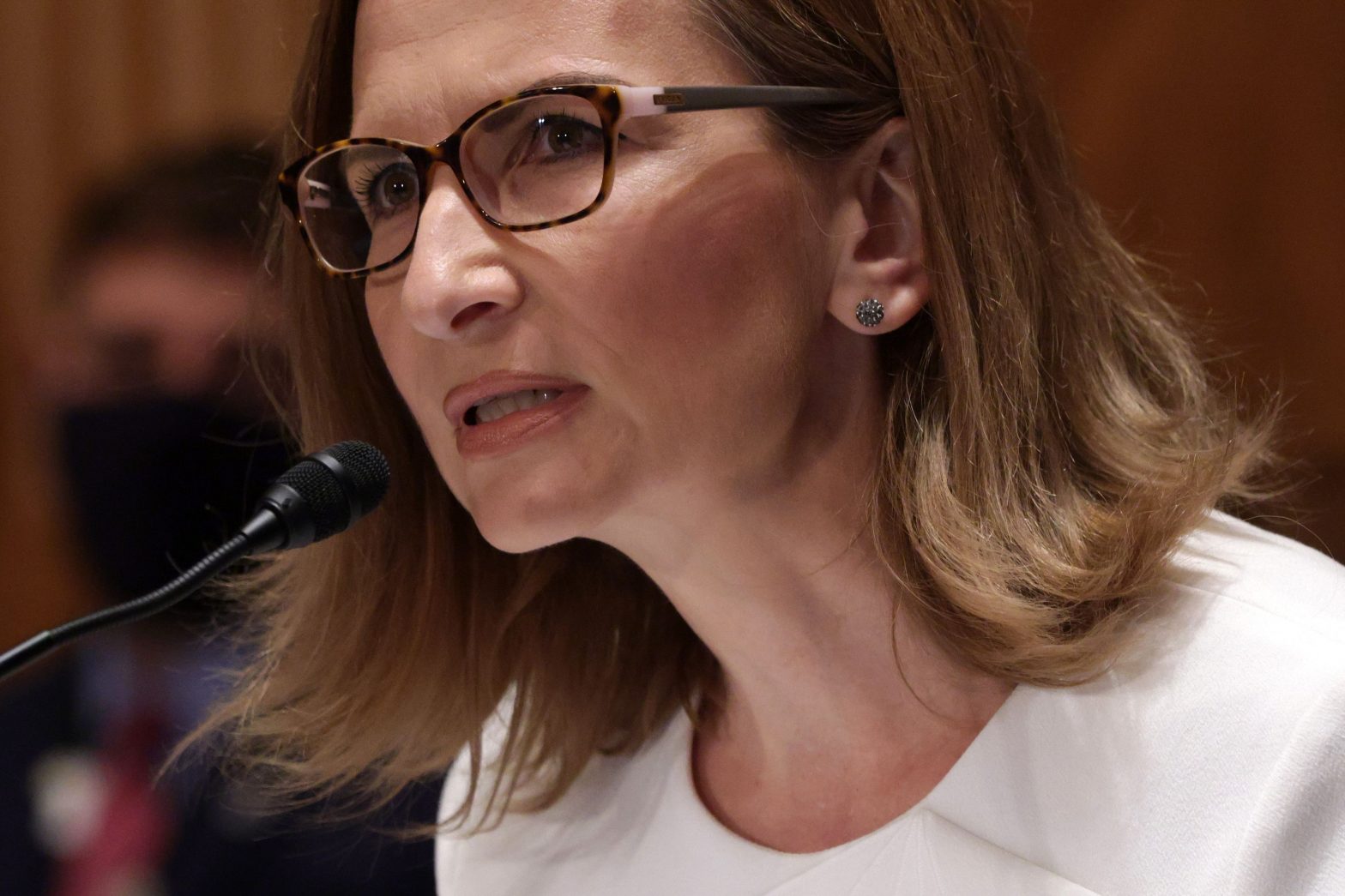Historically, the FDIC operated collegially: although the chair presided over board meetings, the chair would allow free discussion and a vote on any item a director wished to have on the agenda. The current fracas arose when a board member sought to put an item — approval of a request for information about the process for evaluating bank mergers — on the board’s meeting agenda. The request for information is a preliminary step in reexamining how the FDIC approves bank mergers, which is part of Biden’s pro-competition agenda.
The board member’s request to put the item on the agenda is the sort of pro forma action that has always been approved by FDIC chairs in the past, even when they have not supported the item. But McWilliams broke faith with the agency’s tradition of collaborative engagement and refused to put the item on the agenda. Instead, McWilliams attempted to deep-six the request for information — and any reexamination of the bank merger process — by committing it to bureaucratic purgatory.
After McWilliam’s unprecedented departure from FDIC tradition, the board majority proceeded to put the request for information up for a vote without a meeting, as expressly permitted by FDIC bylaws. Even though a majority of the board voted in favor of issuing the request, McWilliams declared the vote invalid and forbade the FDIC staff from taking action on it.
Let’s be clear: McWilliams does not have a legal leg to stand on. The FDIC is structured as a government corporation, and the law provides that the management of the FDIC “shall be vested in a Board of Directors.” Nothing in federal statute or the FDIC’s bylaws gives the chair exclusive power to set meeting agendas, much less decide when a board vote is valid.
McWilliams all but admits this. In the course of the controversy, including in a Wall Street Journal op-ed, she has not once pointed to any legal authority for her position. Instead, her position stands solely on purported FDIC tradition. It has never been FDIC tradition, however, for a chair to refuse to put an item on the agenda, much less when asked to do so by a majority of the board.
Collegiality is a two-way street. After McWilliams refused to allow the FDIC to function according to its normal collegial procedures, she can hardly complain that the board majority decided to do things differently (although completely by the book). The FDIC is designed to function as a board democracy, in which majority rule controls, but McWilliams has recast the agency as a personal dictatorship, willfully ignoring the consequences of the 2020 election that gave Democrats a majority on the FDIC board.
The fight at the FDIC reflects a broader shift in the politics of financial regulation. Bank regulation used to be a clubby, boring world where partisanship was secondary. This collegial atmosphere was facilitated by bank regulatory agencies’ political independence from the White House.
The norm of agency independence, however, has been severely eroded in recent years by the GOP and its allies. Mick Mulvaney working double-duty as OMB director (serving at the pleasure of the president) and Acting CFPB director (nominally independent) showed that Republicans had little regard for the agency independence when it was inconvenient. Conservative majorities on the Supreme Court further undermined agency independence with decisions holding that the director of the Consumer Financial Protection Bureau and the director of the Federal Housing Finance Agency are removable at will by the president.
The new reality is that bank regulation is an ugly, partisan blood sport. Republicans have recognized and embraced this new reality. That’s the game McWilliams is playing with her disingenuous appeals to a selectively interpreted FDIC tradition as somehow controlling over unambiguous statutory language.
McWilliams is acting in bad faith. She knows that she merely needs to run the clock to prevail. Her term as chair formally extends until June 2023, but she can continue in the position until a successor is confirmed, something that is unlikely if Republicans retake the Senate in 2022. If McWilliams can unilaterally control the FDIC, as she claims, she can block Democrats’ initiatives on a range of financial regulatory matters for all of Biden’s current term.
The FDIC board majority could bring suit against McWilliams, but that will take months to reach a final resolution, and time is on McWilliams’ side. The alternative — and best — move is for Biden to fire McWilliams. The FDIC chair is removable “at will.” There is no statutory limitation of only “for cause” removal. Even if there were a “for cause” requirement, however, the president already has ample cause to fire McWilliams. The president is constitutionally required to take care that the laws be faithfully executed. McWilliams has failed to faithfully execute the law by refusing to acknowledge a valid vote by the majority of the board. To be sure, McWilliams could contest her removal in court, but she would be the one facing the uphill fight in that situation.
The real question in the FDIC power struggle is whether Democrats will continue to play by outmoded rules of engagement. If they do, they will lose, and Biden’s pro-competitive agenda will be stymied. The President might not want to spend political coin on the FDIC power struggle, but if he fails to do so, he will embolden Republicans in other agencies and in Congress to engage in further bad faith and illegal tactics.
Any hope of a détente or return to pre-Tea Party political norms — at the FDIC and more generally — requires Democrats to deploy the same hardball tactics as Republicans, so that there will be no advantage to either party. Unless McWilliams quickly backs down and commits to lawful governance, Biden should make clear that he understands the new rules of the game and fire her for her illegal administrative putsch.
